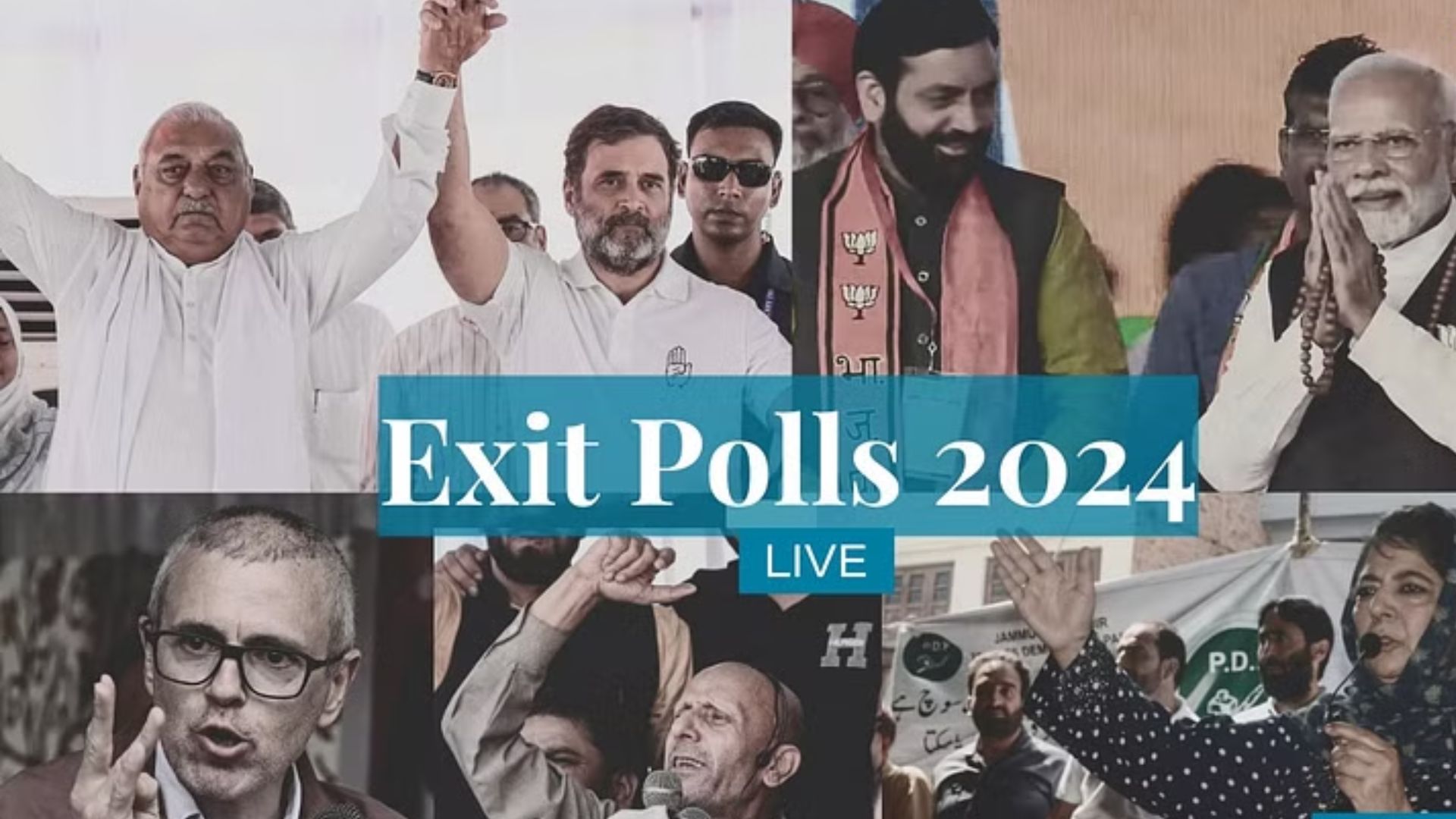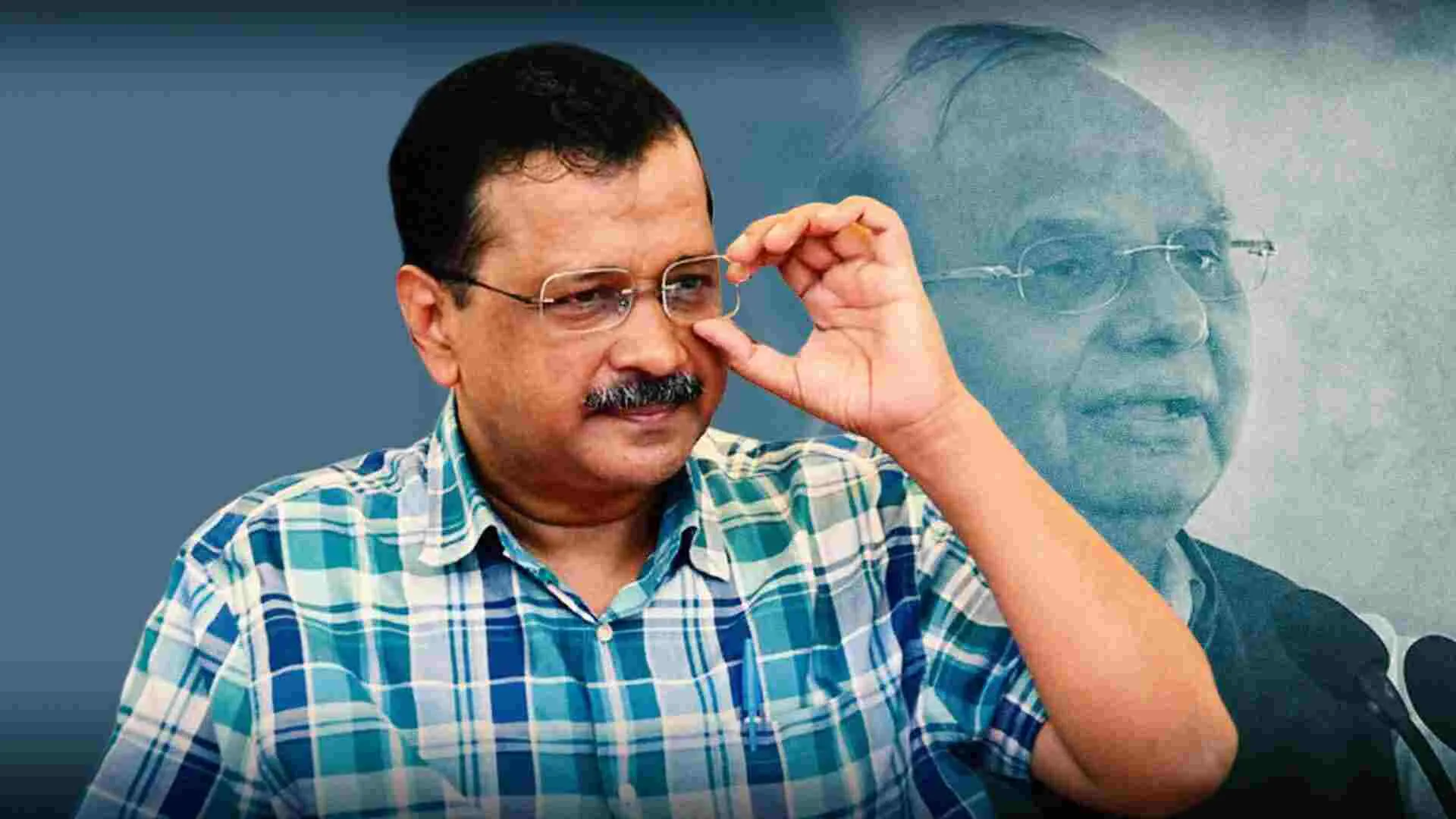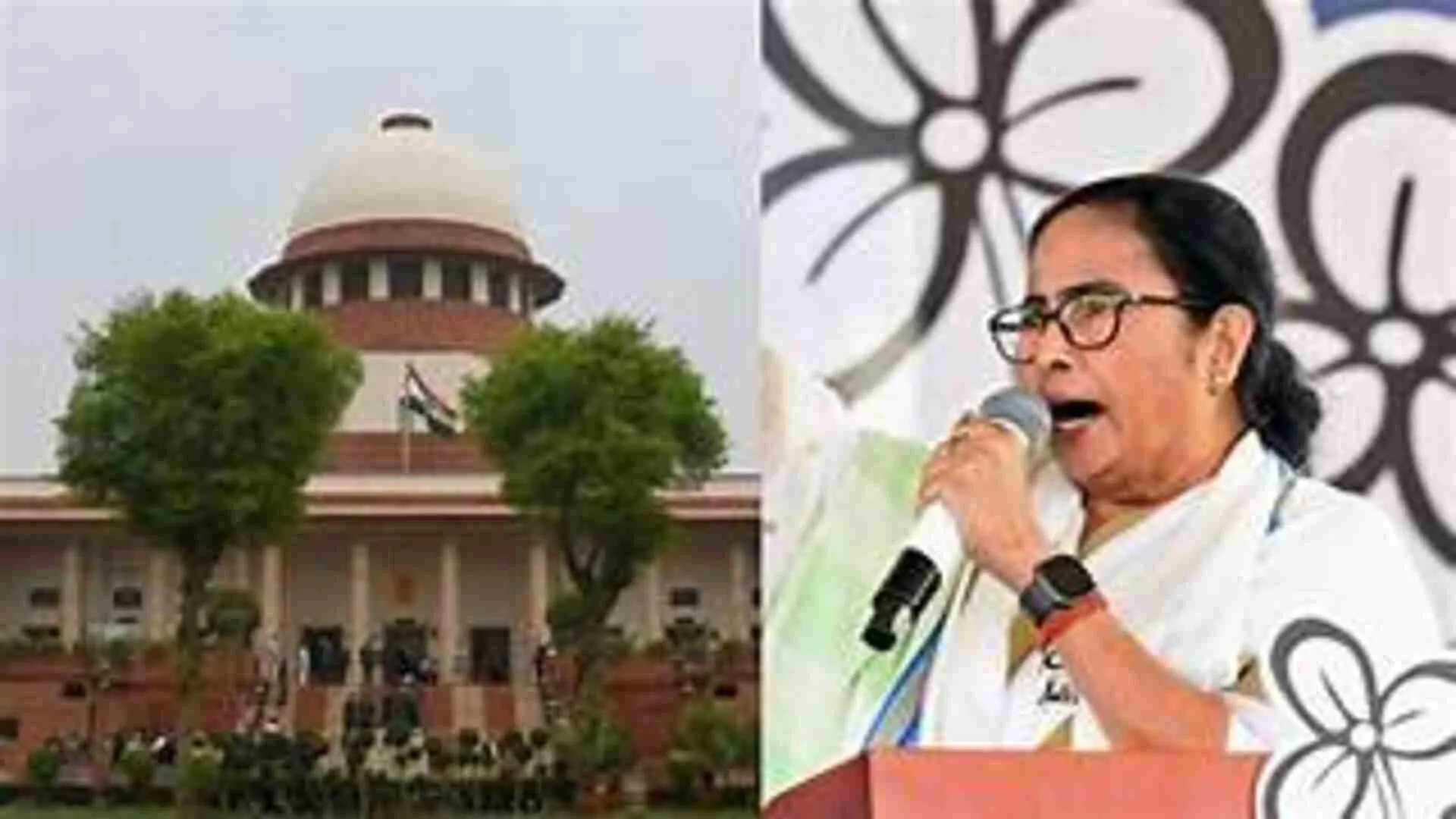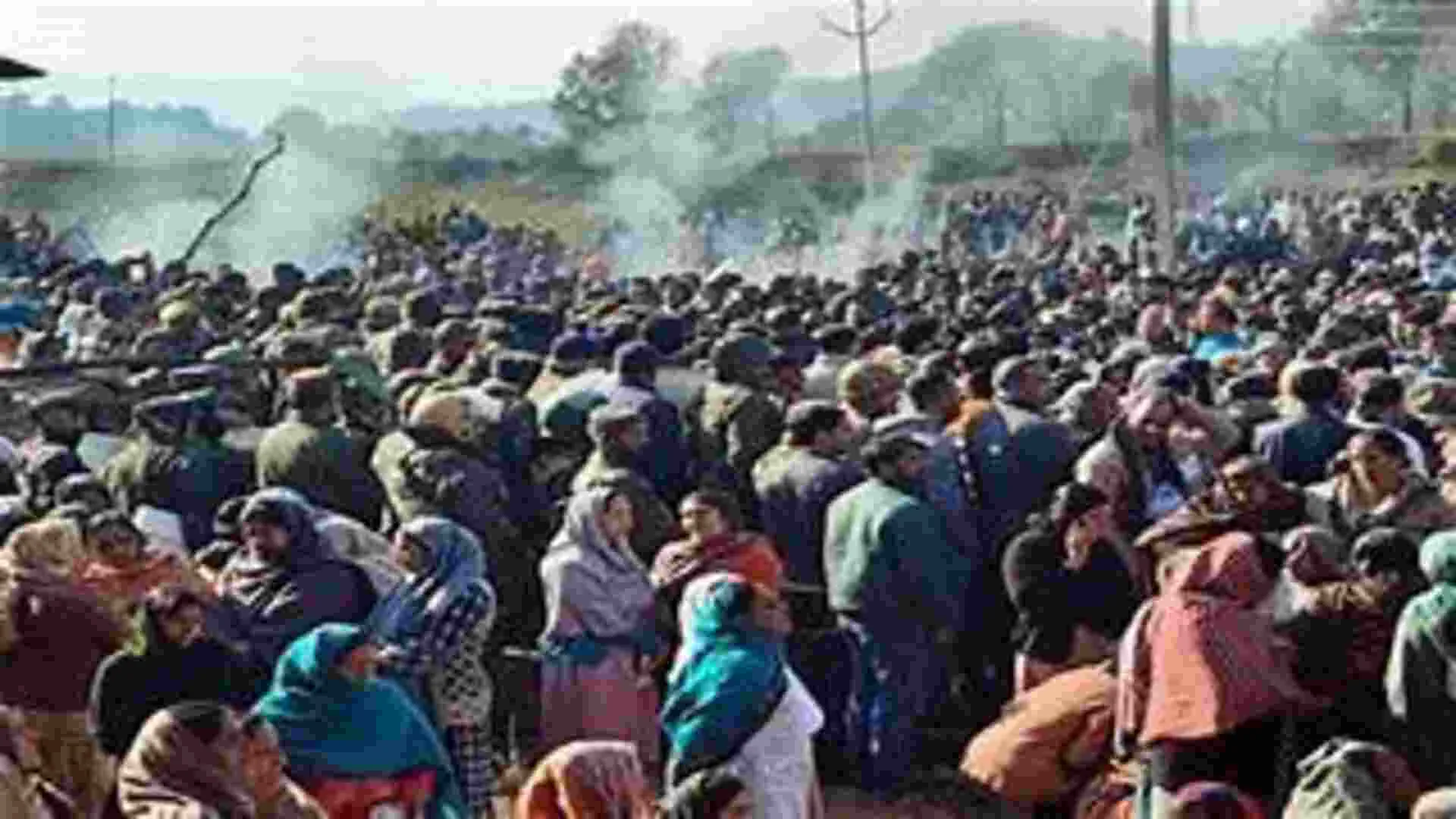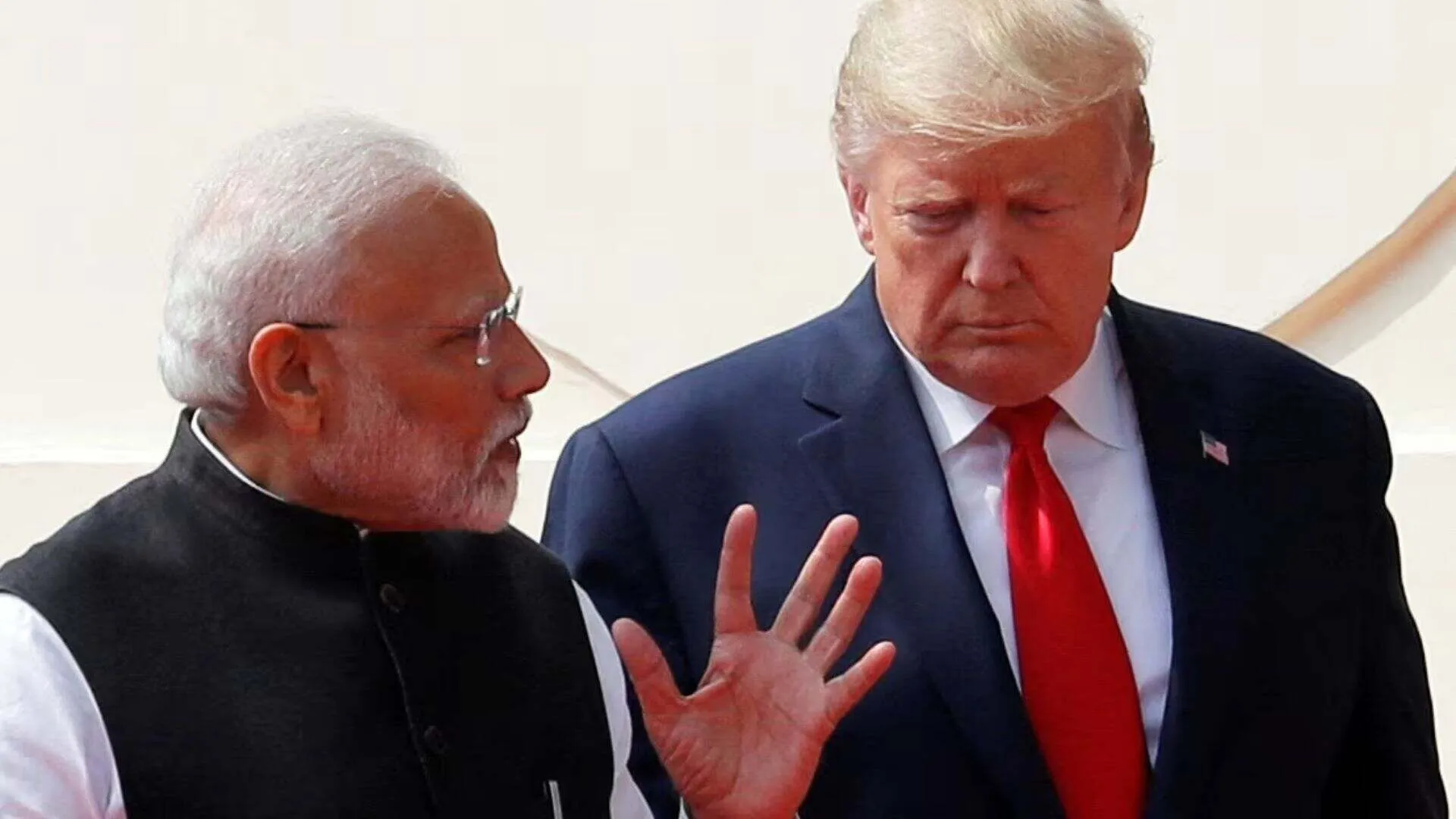The recent assembly polls in Haryana and Jammu & Kashmir have garnered significant attention, as they mark the first elections following the Lok Sabha results this summer. Exit polls indicate that the Congress party is likely to reclaim power in Haryana, potentially achieving a comfortable majority and defeating the Bharatiya Janata Party (BJP). This would continue the momentum the Congress gained during the Lok Sabha elections, where it won five of ten seats, preventing a BJP sweep for the first time since 2014.
In Jammu & Kashmir, the exit polls paint a more complex picture. While predictions suggest the National Conference (NC) and Congress alliance could lead in a highly fragmented electoral landscape, the BJP is expected to perform well in the Hindu-majority Jammu region, which comprises 43 of the 90 assembly seats. In contrast, the NC-Congress coalition is projected to excel in the Muslim-majority Kashmir region, which holds 47 seats.
These elections, particularly crucial for their local significance, will have implications for national politics, especially with further state contests in Maharashtra and Jharkhand on the horizon. The votes will be counted on October 8.
However, it is essential to approach these predictions with caution, as exit polls have historically misjudged outcomes, especially in states with diverse demographics. Former Jammu & Kashmir Chief Minister Omar Abdullah expressed skepticism about the reliability of exit polls, emphasizing that the actual results on October 8 will be the definitive measure.
Overall, the exit polls indicate a potentially strong performance for the Indian National Developmental Inclusive Alliance (INDIA), echoing the trends observed in the Lok Sabha elections just four months prior. Various local issues, rather than national factors, have been highlighted as pivotal in shaping voter sentiment.
In Haryana, the Congress is anticipated to secure a simple majority, outperforming the BJP, which previously fell short of a majority but formed a government with the Jannayak Janata Party. Predictions vary, with some suggesting the Congress could win between 44 to 65 seats, while smaller alliances like the Indian National Lok Dal-Bahujan Samaj Party and the Jannayak Janata Party-Azad Samaj Party might face significant losses.
The BJP has dismissed the exit poll forecasts, insisting that it will maintain its government in Haryana. The elections were contested on various issues, including anti-incumbency sentiments against the BJP and public dissatisfaction surrounding policies like the short-service armed forces recruitment scheme, Agnipath, as well as protests led by top wrestlers against sexual harassment.
In Jammu & Kashmir, the exit polls reveal a divided picture. While the BJP is expected to emerge as a significant player in Jammu, the NC-Congress alliance appears to be well-positioned in Kashmir, potentially approaching a majority of 46 seats. Some predictions suggest that this alliance could win as many as 55-62 seats, while others estimate between 31-36.
The assembly elections in these regions are particularly significant as they represent a critical step toward restoring statehood, following the revocation of Article 370 and the reorganization of the region in 2019. The campaign was characterized by discussions around autonomy, governance, and anti-incumbency, reflecting the complex political landscape in Jammu & Kashmir.

